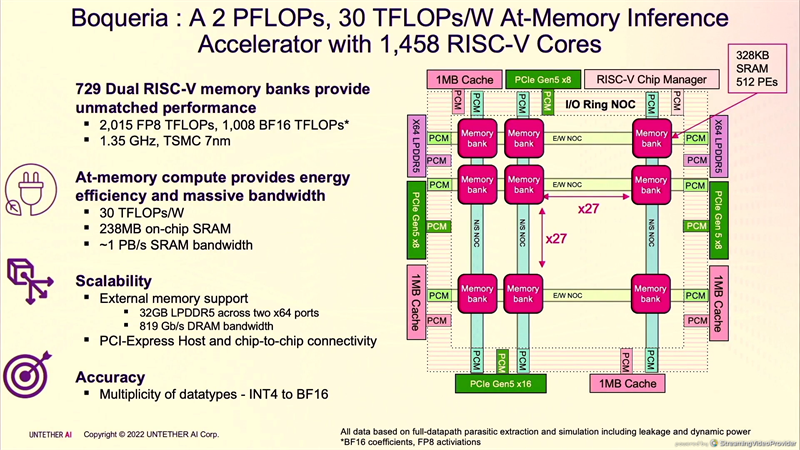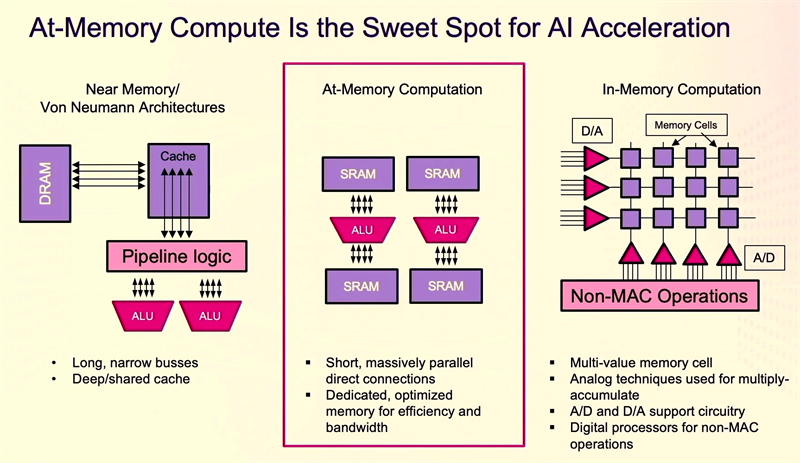Advanced Micro Devices (AMD) has confirmed two strategic acquisitions this week as part of its accelerated push into AI, marking its third deal in just eight days.
The chipmaker revealed that it has hired a team of AI hardware and software engineers from Untether AI, a Toronto-based startup backed by Intel Capital. Though financial terms were not disclosed, AMD emphasized that the deal brings in a world-class engineering group focused on enhancing its AI compiler and kernel development, as well as system-on-chip (SoC) design, verification, and integration capabilities.
Founded in 2018, Untether AI specialized in energy-efficient AI inference chips based on in-memory computing architectures, enabling faster and lower-power processing for data center and edge workloads. Its flagship speedAI240 chip, launched in October 2023, was built on TSMC's 7nm process and boasted significant energy efficiency gains over traditional GPUs.

The deal, first reported by CRN, appears to be an "acqui-hire" rather than a full acquisition of company assets. AMD did not take ownership of Untether AI's products or IP, and the startup has now ceased operations. Bob Beachler, a former executive at Untether, confirmed that the company will no longer offer or support its speedAI chips or the imAIgine SDK. CEO Chris Walker, a former Intel executive, also stepped down last month.

Untether AI had previously raised $152 million, including a high-profile $125 million round led by Intel Capital in 2021. Despite partnerships with Arm, Ampere Computing, and NeuReality, the company struggled to compete against larger players like Nvidia in a rapidly evolving AI hardware market.

Just two days prior to the Untether announcement, AMD disclosed its acquisition of Brium, a stealth-mode AI software startup. AMD stated that Brium's team brings deep expertise in compilers, model execution frameworks, and inference optimization—capabilities that will strengthen AMD's open and high-performance AI software ecosystem.
According to AMD, Brium's technology is designed to optimize AI software stacks before models are deployed to hardware, enabling more efficient inference across varied hardware platforms. The team will contribute to key open-source projects like OpenAI Triton, SHARK/IREE, and WAVE DSL, furthering AMD's support for developers looking to break away from Nvidia-dominated toolchains.
The two acquisitions follow AMD's recent deal to acquire Enosemi, a silicon photonics startup that helps connect large clusters of AI accelerators via fiber-optic interconnects—critical for scaling next-gen AI systems.
Together, these targeted acquisitions highlight AMD's aggressive strategy to enhance its end-to-end AI capabilities—from hardware and interconnect to software tools and developer platforms—as it seeks to compete more directly with Nvidia across both training and inference workloads.
+86 191 9627 2716
+86 181 7379 0595
8:30 a.m. to 5:30 p.m., Monday to Friday
